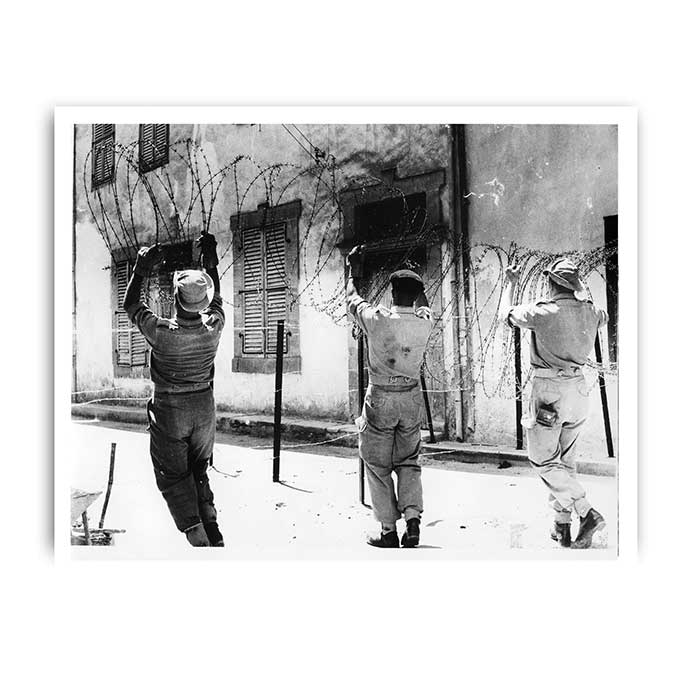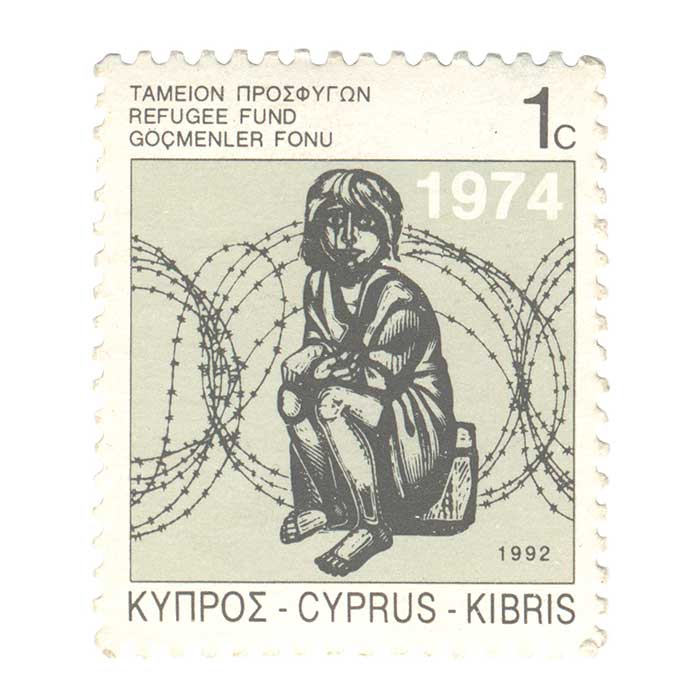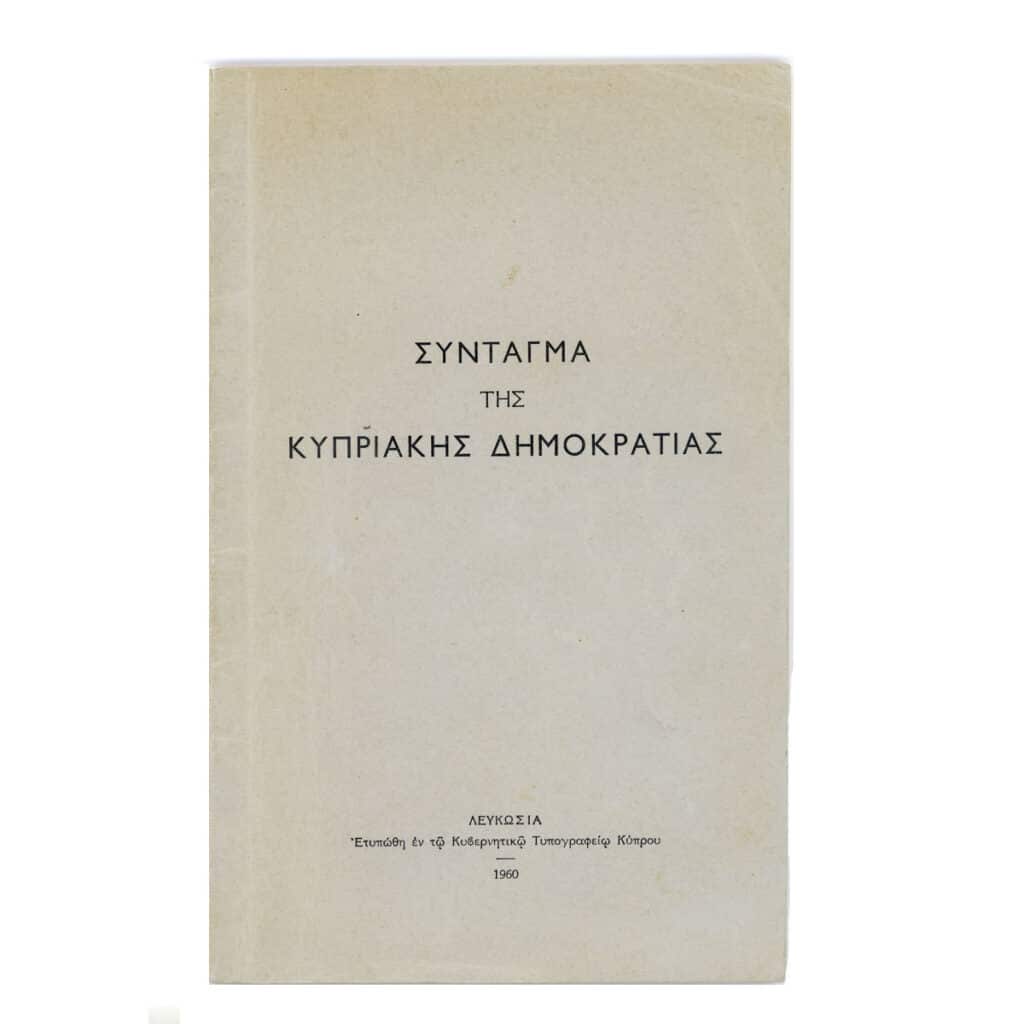Nicosia 1960 until today
Nicosia (1960-1974)
In 1960 Nicosia acquired a special role as the capital of the new independent State of the Republic of Cyprus. The Constitution of Cyprus was drafted on the basis of the London and Zurich Agreements and signed on 6 July 1960. It provided for two communities based on ethnic origin, one Greek, the other Turkish, with a ratio of seven Greek Cypriots to three Turkish Cypriots. Apart from the two communities, the Constitution also recognized the existence of three religious groups, the Armenians, the Maronites and the Latins.
December 1963 was marked by a serious constitutional crisis, followed by bloody conflicts between Greek Cypriots and Turkish Cypriots. Nicosia was divided into a Greek Cypriot and a Turkish Cypriot sector. The dividing line that separates the city to this day has been dubbed the “Green Line” because the then commander of the British Forces in Cyprus, General Young, had used a green pencil to draw the line of dispute on the map.
On 15 July 1974 a coups d’état was launched against the island’s lawful government under Archbishop Makarios. The event served Turkey as a pretext to invade Cyprus, causing approximately 180.000 Greek Cypriots to be chased away from their homes and properties and 1,474 declared as missing persons. After 1974 and the resettlement of a great number of Greek Cypriot refugees in the city, the population of Nicosia has doubled.
Nicosia (1974-2012)
On 1 May 2004, Cyprus became a full member of the European family. Events in celebration of this historic moment took place in Nicosia, in the presence of all state officials, the Mayor of Nicosia, the Municipal Council and a large crowd. Featuring music and fireworks, the celebrations were worthy of the occasion. In an address delivered in Eleftheria Square on Cyprus’ accession date to the European Union, the then President of the Republic of Cyprus, Tassos Papadopoulos, stated: “In Cyprus’ long and turbulent course through nine thousand years of history, it is the crowning achievement that constitutes both moral vindication for the past and a hopeful embarkation upon political empowerment for the future”.
An ever-growing city, its inhabitants being active in commerce and other profitable trades, Nicosia is now rightfully ranked amongst the 28 capitals of Europe. In spite of the fact that the city remains the only divided capital of Europe, its inhabitants are still hopeful that one day their city will become reunified.









